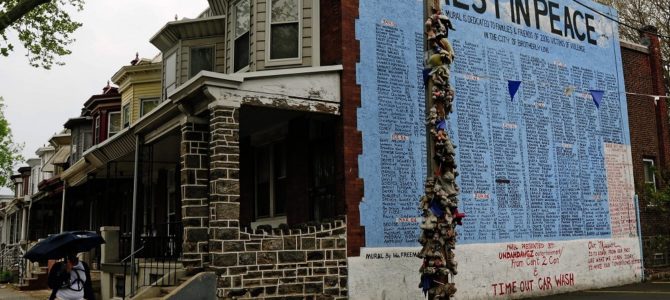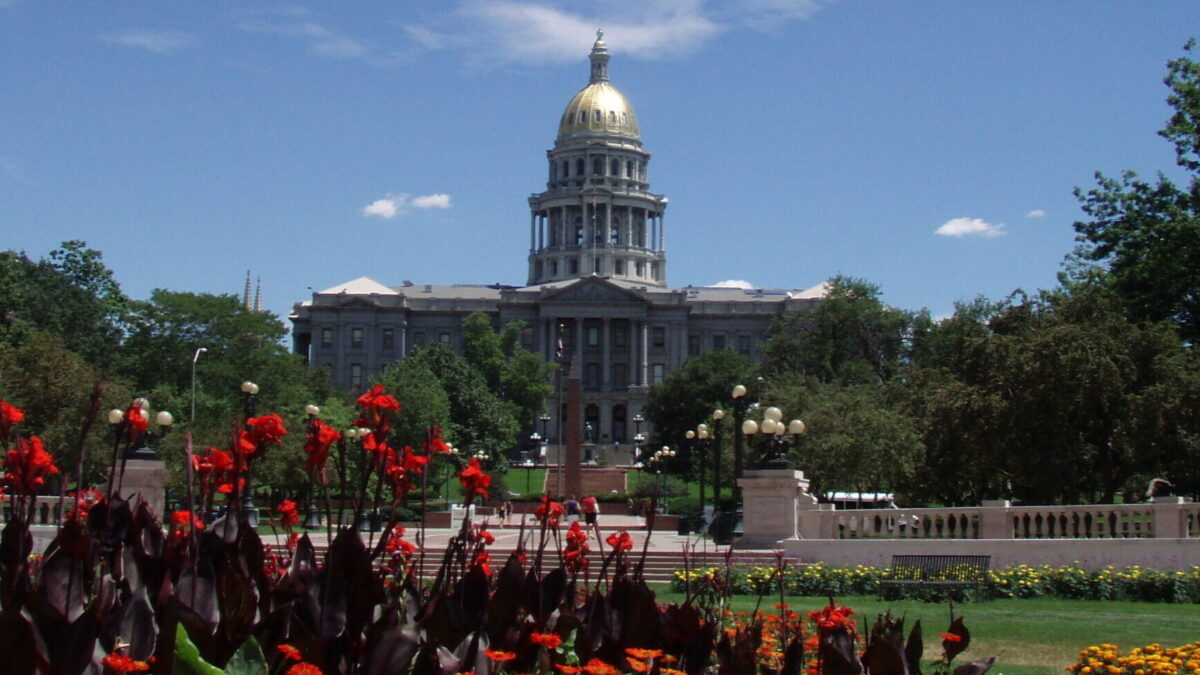
For twenty-somethings leaving a small town for the big city, the feeling of liberation and possibility can be exhilarating. Mom and dad, and their rules, are finally in the rearview mirror. But what’s up ahead is often worse—the welcoming arms of an even stricter authority known as leftist city government.
Many millennials are discovering this the hard way and making a U-turn. New Census Bureau data shows millennials are increasingly trading in urban life for the suburbs and even switching states entirely.
My home city of Philadelphia is a prime example. Here, 60,000 residents leave per year, and half of them are 18 to 34 years old. The reason? Urban centers like Philadelphia are bent on destroying the very conveniences that drew millennials to the city in the first place.
Here, the combined effect of sky-high taxes and outdated regulations add up to an all-out war on millennials. Or at least a war on the things they love the most. Brunch, for example.
In Pennsylvania, where I live, the number of available liquor licenses is restricted by our state liquor monopoly. These restrictions and the fact that licenses are sold at auction (seriously!) make selling booze way too expensive for business owners. It can cost more than $100,000 to simply obtain the license to sell a mimosa.
The restaurateurs who either can’t get a license or can’t afford one are forced to offer the would-be boozy brunchers a BYOB policy. Okay, Boomer. You’re trying to sell this as a hip “Philly Phenomenon”? We’re not falling for it.
The war on brunch doesn’t end there. The state has free rein to mark up the price of alcohol, which it does constantly: average markups are 65 percent. Of course, the war on brunch is just one example of government overreach that has millennials fleeing cities.
Ridiculously high state and local tax burdens prevent young adults—who are just getting their lives together—from spending their income as they see fit, as well as meeting basic obligations like student loan payments. Locally, Philadelphia has the fifth-highest taxes per capita. Among the U.S. cities that tax more are New York and San Francisco, both of which also saw an exodus of young adults in the recent data.
Leaving places that become unaffordable and inconvenient is a form of protest. And the problem isn’t limited to high-tax cities. Young people are also leaving high-tax states. According to research from the Cato Institute, in 2016 all but one of the 25 highest-taxes states experienced a net loss of population. Comparatively, the 17 lowest-taxes states experienced a net increase.
This pattern also appears in 2017 Census Bureau data. Notoriously high-tax California saw some of the highest out-migration, with most moving to low-tax Texas. Similarly, Florida was a leader of in-migration, with most moving from high-tax New York.
The outflow of residents caused New York to lose more than $8 billion and California more than $2 billion in tax revenue. Meanwhile, the low-tax state of Florida gained $17 billion.
Proponents of heavy tax burdens say the tradeoff is high-quality public services. But go take a walk in San Francisco’s streets and alleys. Sit for a minute in Philadelphia’s Suburban Station. Ride the Long Island subway. I think we can agree that high taxes do not buy good service.
If my home state of Pennsylvania—and other states and cities—want to stanch the outflow of citizens in their prime, they need to re-evaluate their priorities. For starters, states should enact commonsense limits on spending increases, like Pennsylvania’s proposed Taxpayer Protection Act. Spending limits can address the driving forces of the millennial exodus by preventing the need for tax increases and forcing policymakers to prioritize taxpayer dollars.
America’s second-largest generation is moving from young adulthood to middle-aged life, so policymakers can no longer rest on the lure of urban convenience. Young people are getting wise to that. We want to see results.
Government-inflicted expenses turn attractive cities and states into money sinkholes. Are cheaper mimosas—and more affordable housing, low regulations, and limited taxes—really too much to ask for?









